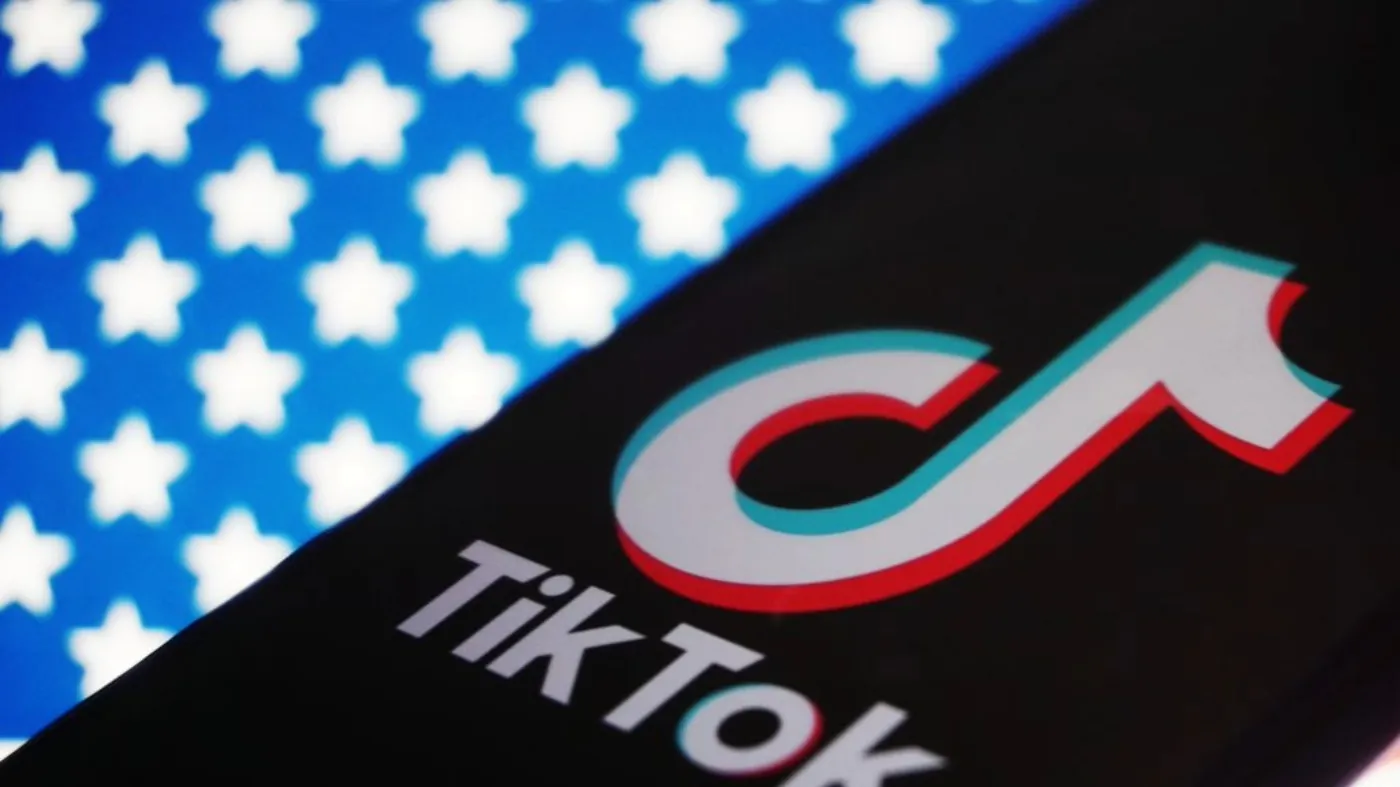TikTok Ban Lawsuit: Supreme Court's Critical Role in First Amendment Debate

Escalating Legal Battle Over TikTok's Future
The TikTok ban lawsuit is now a centerpiece at the Supreme Court, where key lawmakers and advocacy groups are weighing in on the implications of restrictions to free speech. This legal confrontation raises essential questions about national security, privacy, and the balance of power between government concerns and individual rights.
Support for Upholding the Ban
- The Biden administration stands firm, arguing national security outweighs free speech concerns, highlighting the potential threat of foreign ownership.
- Senate Minority Leader Mitch McConnell urges rejection of TikTok’s claims, asserting foreign control equates to censorship.
- Former officials, such as Ajit Pai, argue that the law's structure is necessary and justified based on longstanding public policy concerns.
Arguments for Preserving TikTok
- TikTok defends itself, stating the ban violates free speech rights of its users and poses an unprecedented legal challenge.
- Some lawmakers and civil rights groups assert there are less restrictive means to address national security concerns without infringing on constitutional rights.
With oral arguments set for January 10, all eyes are on this case as investors and users await the outcomes that will shape privacy rights and market presence of TikTok.
This article was prepared using information from open sources in accordance with the principles of Ethical Policy. The editorial team is not responsible for absolute accuracy, as it relies on data from the sources referenced.